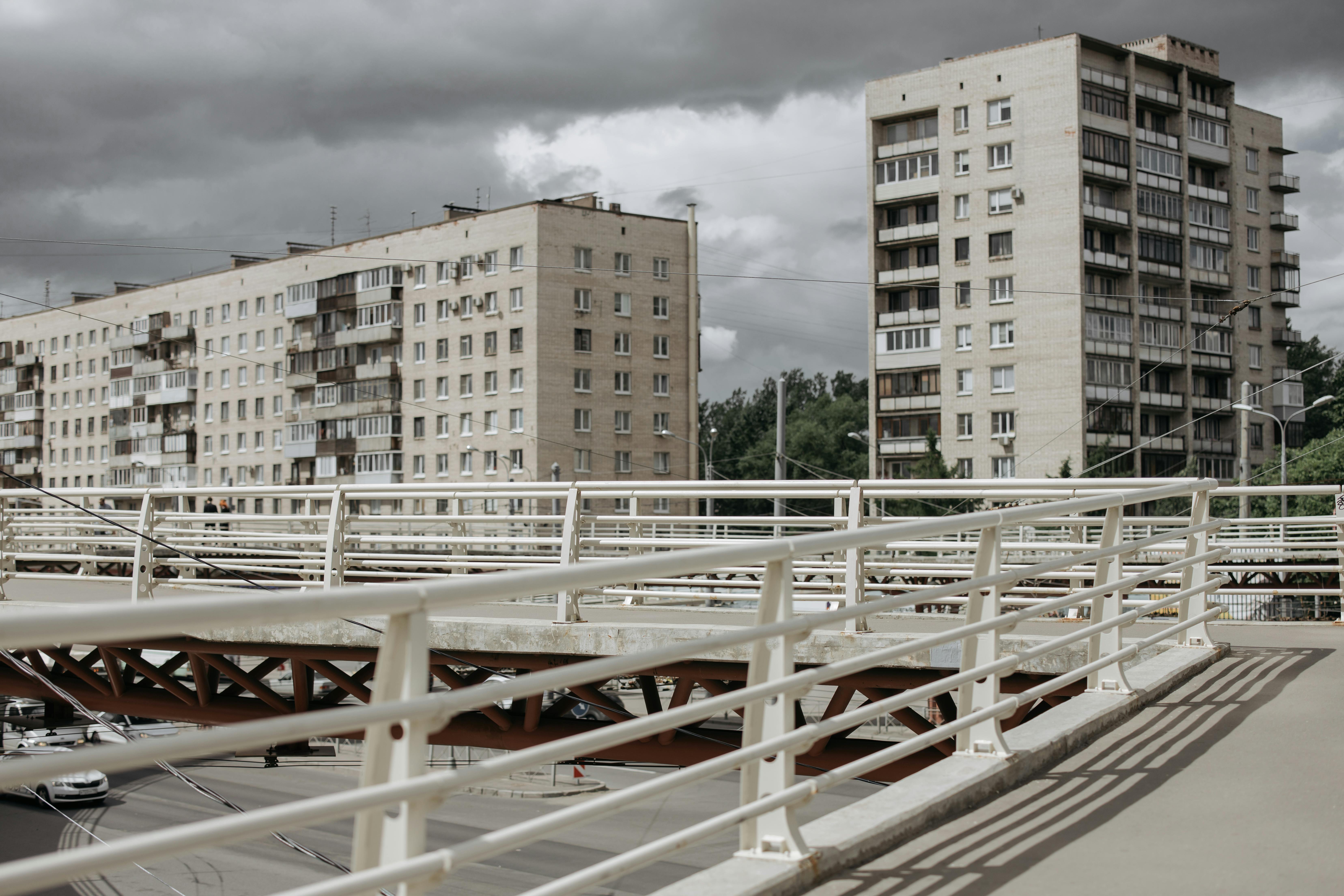Getting married during deportation proceedings before the Immigration Court requires the approval of a written request in good faith (good fide) exemption, under Section 245 (e) (3) of the Immigration and Nationality Act (INA), to adjust status to permanent resident.
The written request for a good faith exemption must be filed with Form I-130, Petition for Alien Relative, per 8 CFR § 204.2 (a) (1) (iii) (A), to avoid residing outside the United States for a period of 2 to 2 years. one-year period beginning after the date of marriage, as required by Section 204 (g) of the INA.
In order to establish eligibility for the good fide exemption, the petitioner on Form I-130 requesting the exemption must: (1) state the reason for requesting the exemption; and (2) present documents that establish that the marriage was celebrated in good faith and not for the simple purpose of obtaining the alien’s entry as an immigrant, according to 8 CFR § 204.2 (a) (1) (iii) (A) and ( B).
Types of documents displayed Bona fide marriage:
An alien cannot adjust their status to permanent resident or have the visa petition (Form I-130) for permanent status as an approved spouse, unless the marriage entered into while the removal / deportation process is pending is proven by clear evidence and compelling. good faith.
The evidence required by 8 CFR § 204.2 (a) (1) (iii) (B) to establish eligibility for the good fide The exemption includes, but is not limited to:
(1) documentation showing joint ownership of the property;
(2) lease agreement showing joint tenancy of a common residence;
(3) documentation showing the combination of financial resources;
(4) birth certificate (s) of the child (ren) born of the applicant and beneficiary;
(5) sworn statements of third parties who are aware of the good fides of the marriage relationship, indicating the full name and address, date and place of birth of the person making the affidavit and their relationship with the spouses, if any, and containing complete information and details that explain how the person acquired their knowledge of the marriage, and supported by documentary evidence, if possible.
Award of the service of the Form I-130 and application for Good faith marriage waiver:
Do not request a good fide marriage waiver and present clear and convincing evidence of a bona fide marriage with the visa petition (Form I-130) will cause the Service (USCIS) to reject the visa petition of the Form I-130.
In fact, even when the foreign spouse is in removal proceedings before the Immigration Court, the requesting spouse’s Form I-130 visa application and the written application for bona fide marriage exemption are adjudicated by the Service, not by the Immigration Judge.
After the approval of the Form I-130 visa petition and the granting of the bona fide marriage exemption, the Immigration Judge adjudicates the alien’s Form I-485 adjustment of status application in the deportation process.
If the Government District Attorney agrees to terminate the deportation process in view of the approval of the Form I-130 visa petition, the Service will adjudicate the alien’s Form I-485 adjustment request.
Appeals of denial of petition and denial of adjustment:
If the Form I-130 visa petition is approved, it is “considered primary evidence of eligibility for the good fide marriage exemption “per 8 CFR § 245.1 (c) (8) (v).
If the Form I-130 petition is denied for not establishing eligibility for the good fide marriage waiver, denial is appealable to the Board of Immigration Appeals (Board) in Falls Church, Virginia, on form EOIR-29 with a fee of $ 110.00, within 30 calendar days from the date you Service Decision notice is delivered (33 days if notice is mailed) and sent to the USCIS district office that denied the request.
If the alien’s Form I-485 adjustment request is denied for failing to establish the good fide– marriage waiver, the denial is appealable to the Administrative Appeals Unit (AAO) in Washington DC on Form I-290B with a fee of $ 585.00, and sent to USCIS, PO Box 805887, Chicago, IL 60680-4120 , within 30 calendar days from the date the Service Decision notice is delivered (33 days if the notice is sent by mail).
Obtaining a bona fide marriage exemption using clear and convincing evidence (amount of evidence to overcome marriage fraud) requires gathering and presenting sufficient evidence to meet the highest standard of clear and convincing evidence, compared to the preponderance of the evidence (51% in favor).
